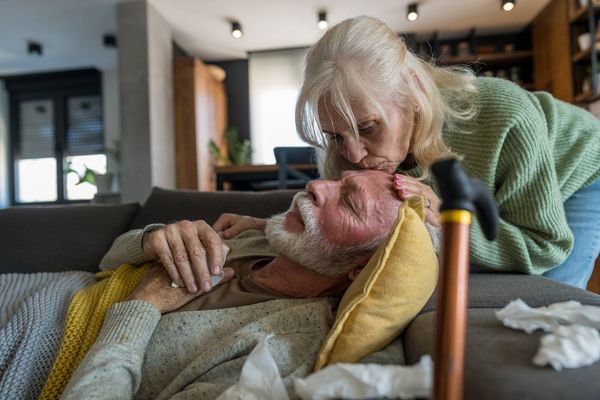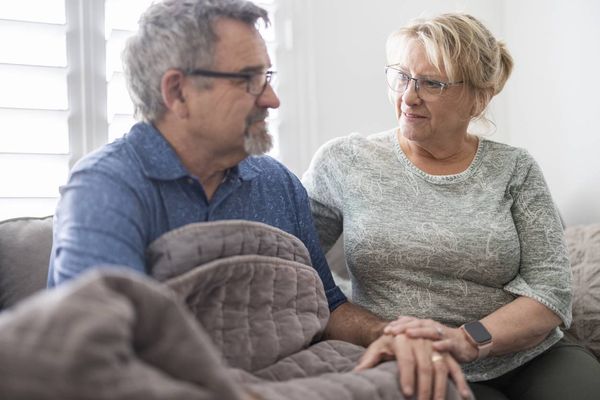Being a caregiver can make you feel alone and overwhelmed. And rightly so. As much as you're providing an act of kindness, love and loyalty to someone in need, stress and burnout may be sitting on your shoulders along with the concern and responsibilities you feel for the person depending on your assistance.
According to the nation's leading family caregiver organization, Caregiver Action Network (CAN), there are over 90 million family caregivers in the United States. These selfless individuals provide care that has an economic value of about $375 billion each year.
Whether you're caring for aging parents, your spouse, partner, child or other loved one with a chronic condition, disease or disability, caregiving bears a lot of weight—both from an emotional and economic standpoint. Caregivers are at a higher risk of significant health problems, depression and emotional and physical burnout.
And they're oftentimes juggling the demands while trying to manage their own lives, sometimes incurring out-of-pocket costs to themselves totaling nearly 20 percent of their income, according to a 2016 AARP study.
Caregivers often forget to care for themselves—and they deserve to be celebrated, supported and valued!
In 1994, Caregiver Action Network (the National Family Caregivers Association) began promoting national recognition of family caregivers. Three years later, President Clinton signed the first National Family Caregivers Month Presidential Proclamation recognizing and honoring family caregivers each November.
In 2012, President Obama recognized the very important unpaid care that family members, friends and neighbors provide for their relatives or loved ones by proclaiming November National Family Caregivers Month.
Each year, CAN, which strives to help and support the very difficult role or caregiving, chooses the theme for National Family Caregivers Month. This year, it is "Supercharge Your Caregiving!" It's all about empowering these "superheroes" who do so much.
CAN provides education, peer support and resources to caregivers, and in honor of National Family Caregivers Month, they're also offering caregivers these tools to manage it all and make their work easier to handle:
Think safety first. For an elderly loved one who is aging at home, safety and security is an important concern. But caregivers can't always be there, so it's important to put some safety measures in place. Wearable sensors can monitor the loved one and contact a family member if your loved one falls or has an emergency. Other gadgets to support independence include smart homes and smart locks.
Know how to access medical records. Maintaining and having knowledge of medical records is another important aspect of caregiving, and it's getting easier now with online medical records. These portals allow caregivers access to their loved one's health and insurance information.
Master medications. It's not unusual for people to take multiple medications for one or more than one condition. Caregivers have the responsibility of making sure the medications are being taken properly and being refilled in a timely manner. Aside from that, they also need to watch for any possible side effects. There are various tech tools that offer a safe and easy way to track medications and make this aspect of the job a bit less stressful.
Unleash the power of apps. Online apps and tools offer a helping hand to manage the often- overwhelming task of caregiving. They can streamline your tasks, check your loved ones' vital signs or locate them with GPS if they wander off. Apps can help plan healthy menus and even connect with online support groups and communities.
For more information on caregiving, including specific information on caring for a loved one with a specific condition like COPD, Parkinson's or Alzheimer's disease and lots of other helpful resources, click here.





